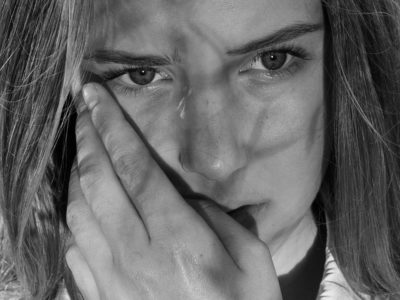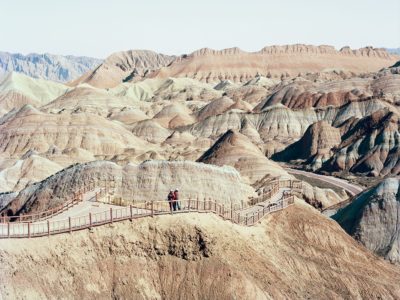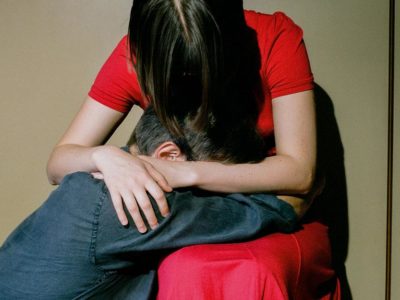The Decline of Russia’s Palaces of Culture
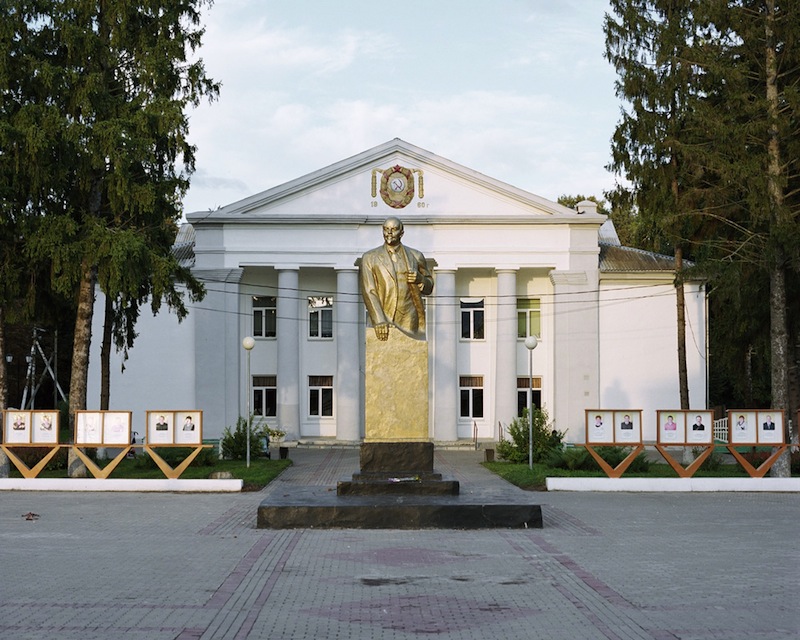
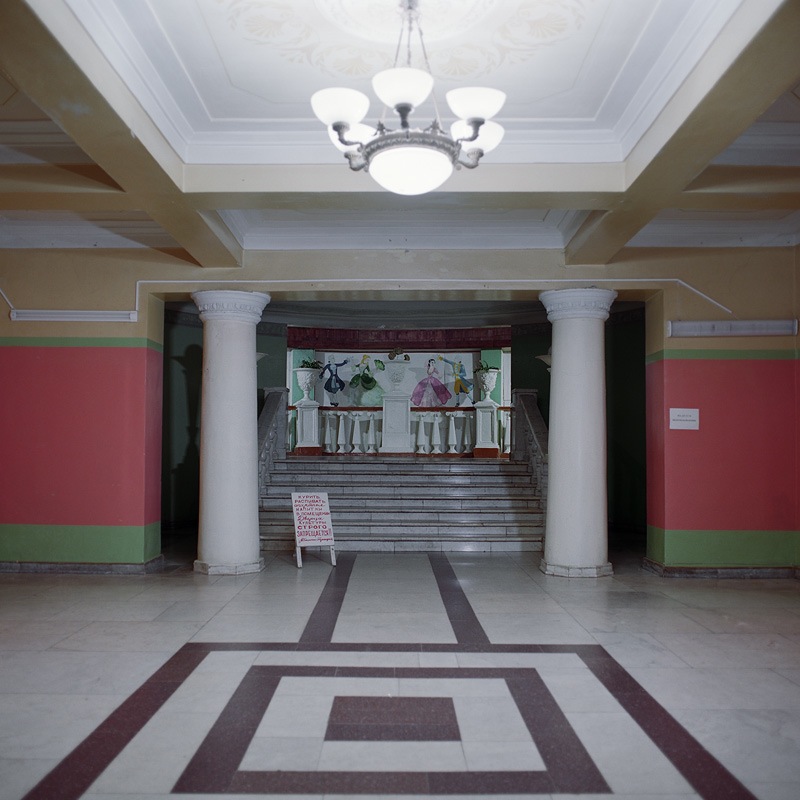
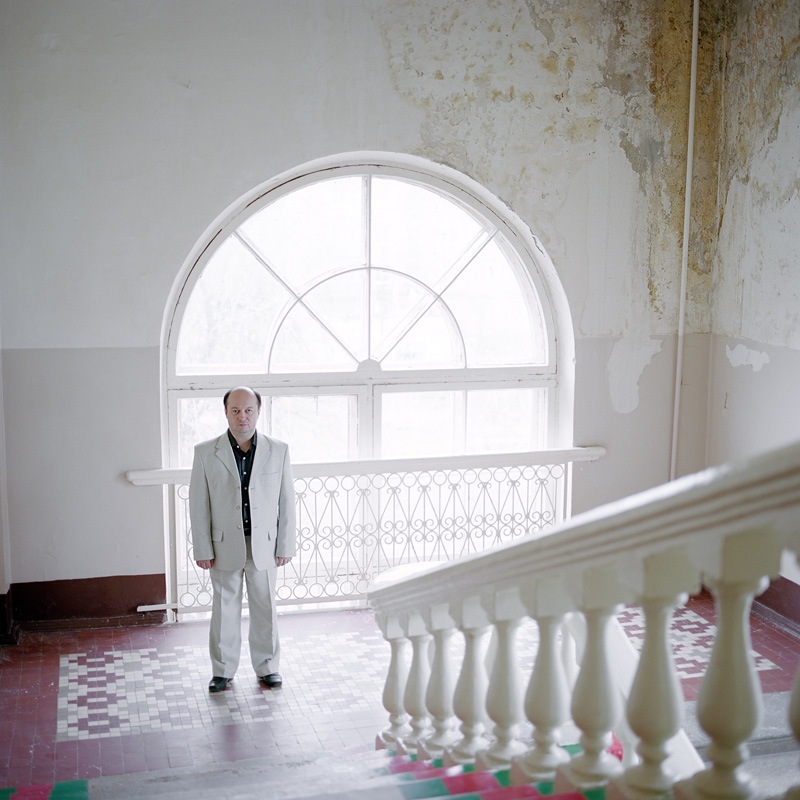
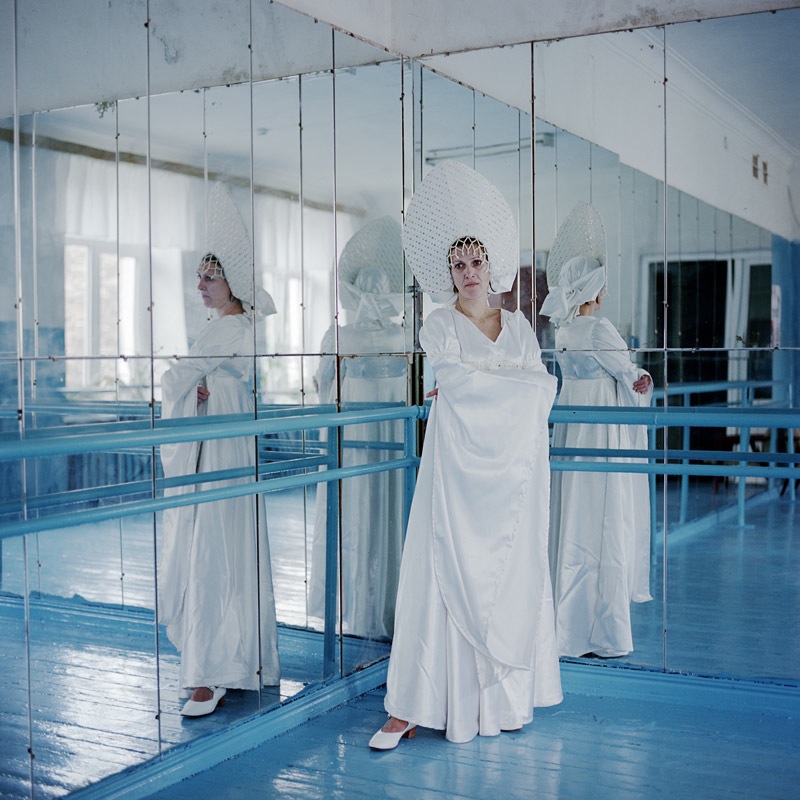
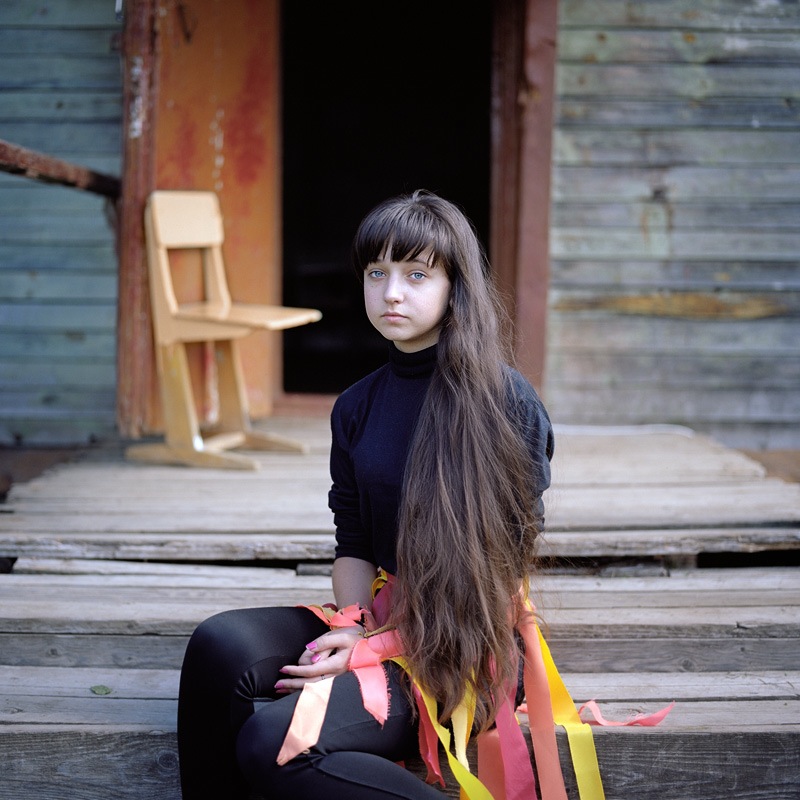
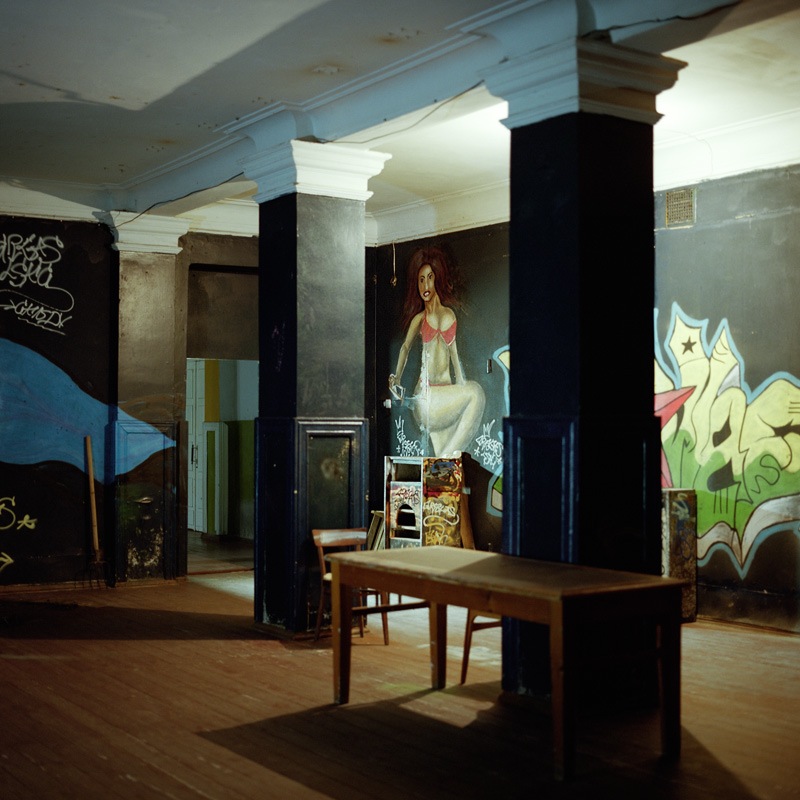
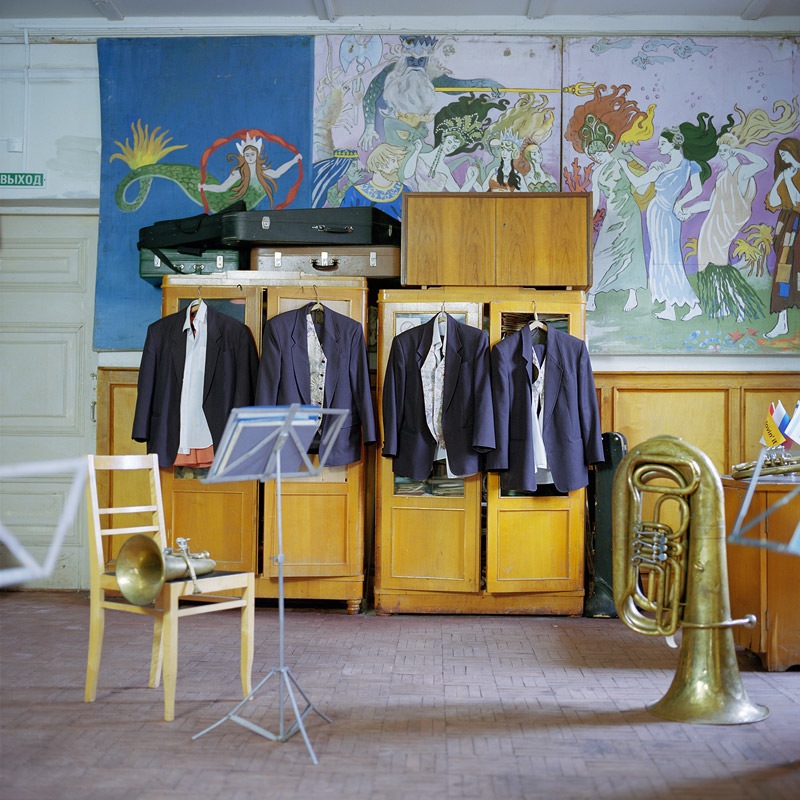
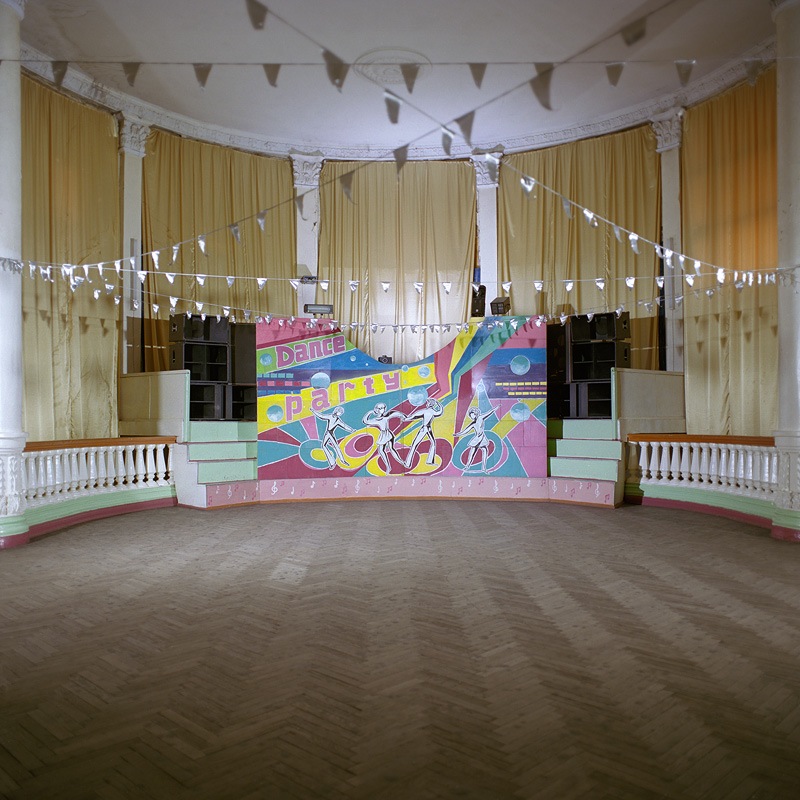
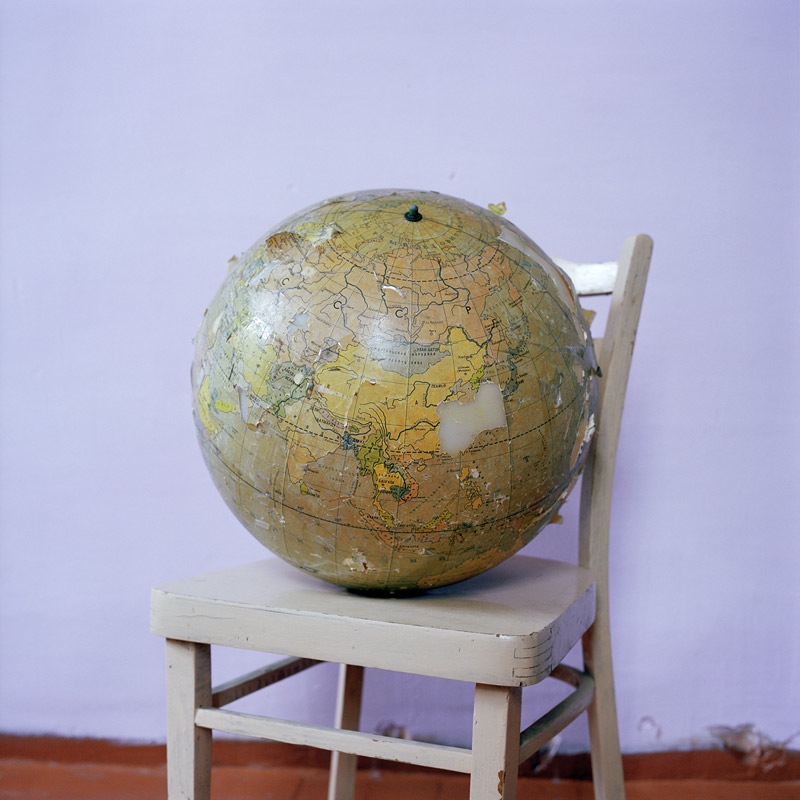
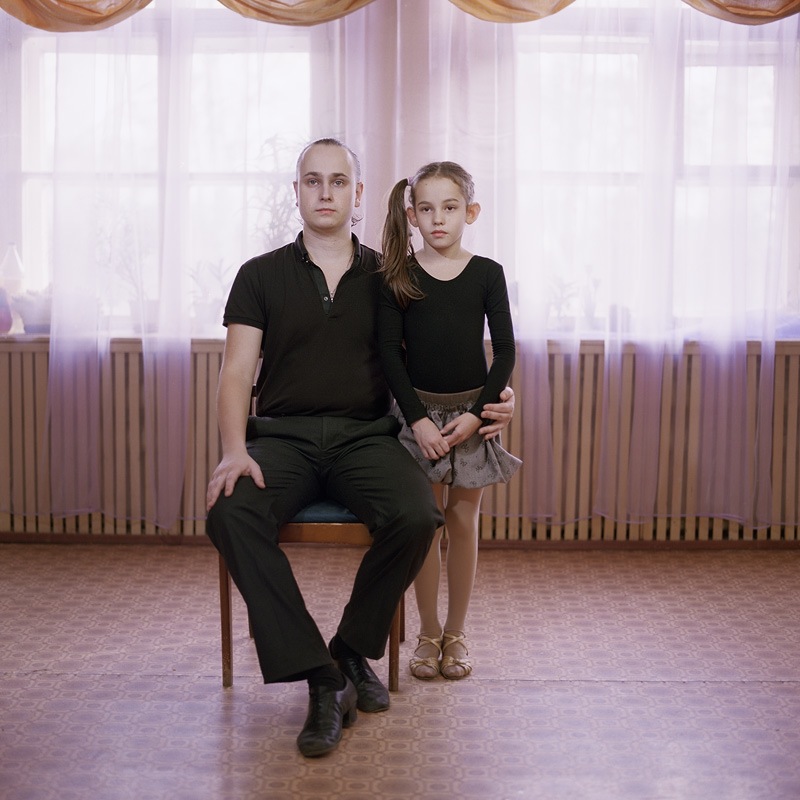
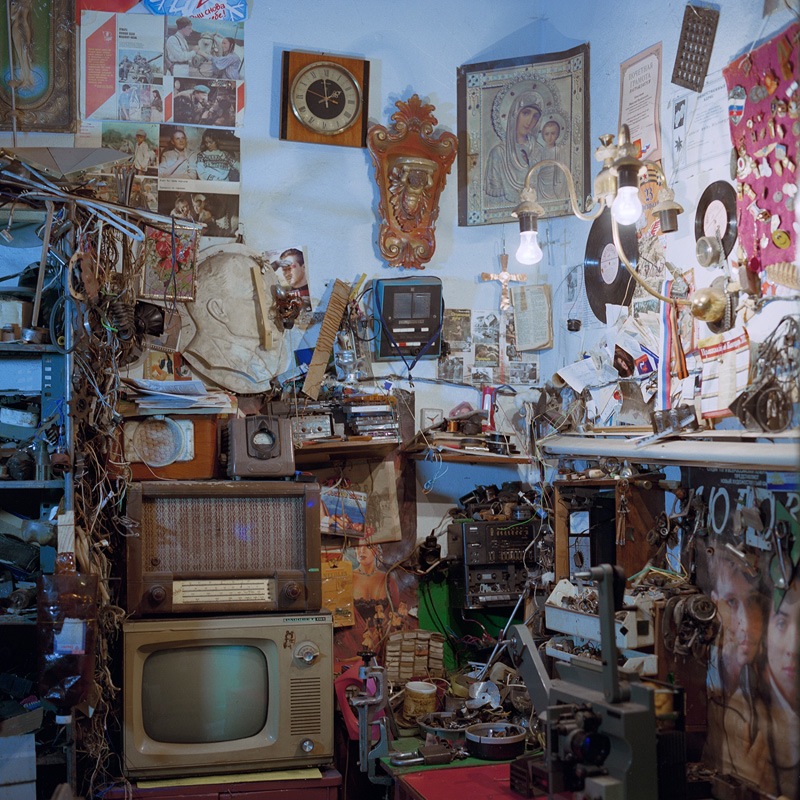
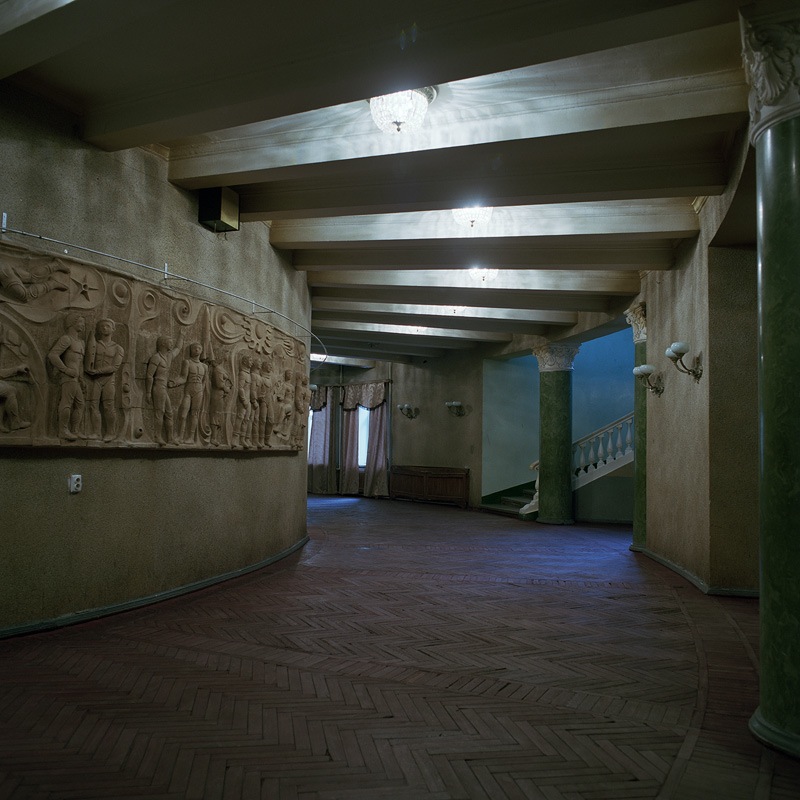
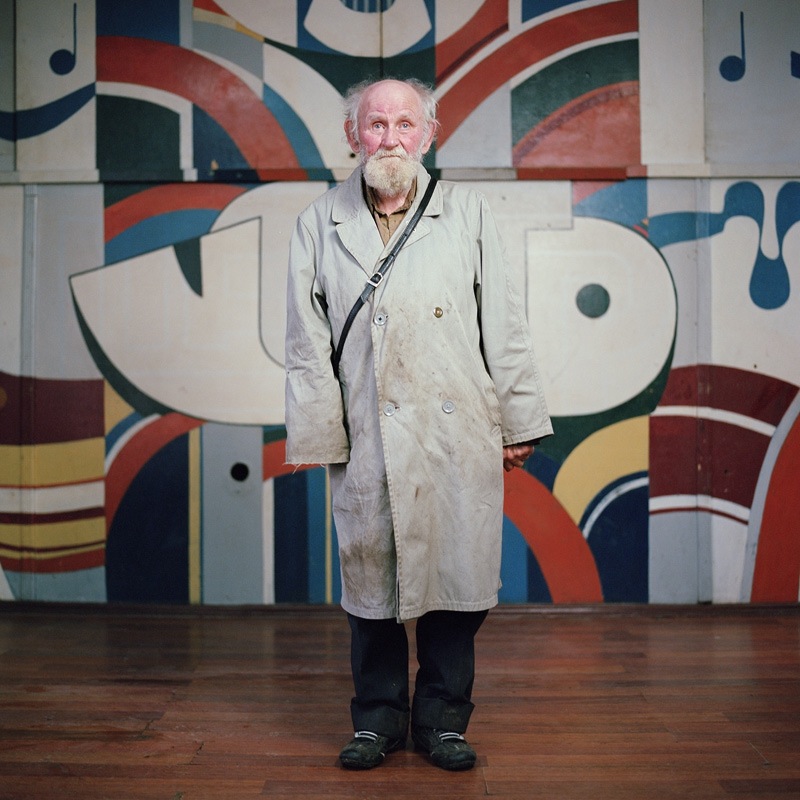
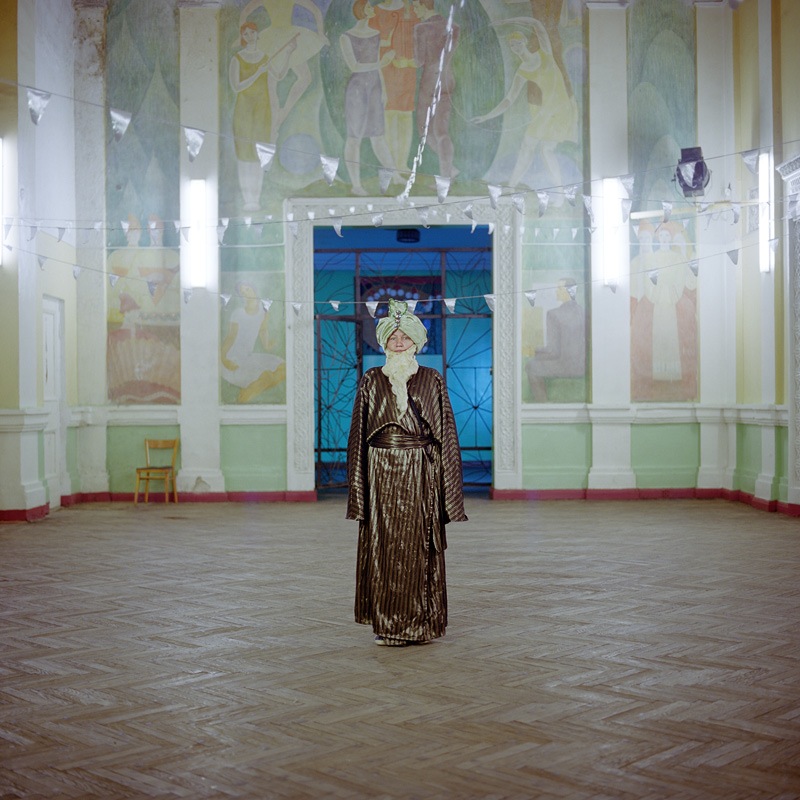
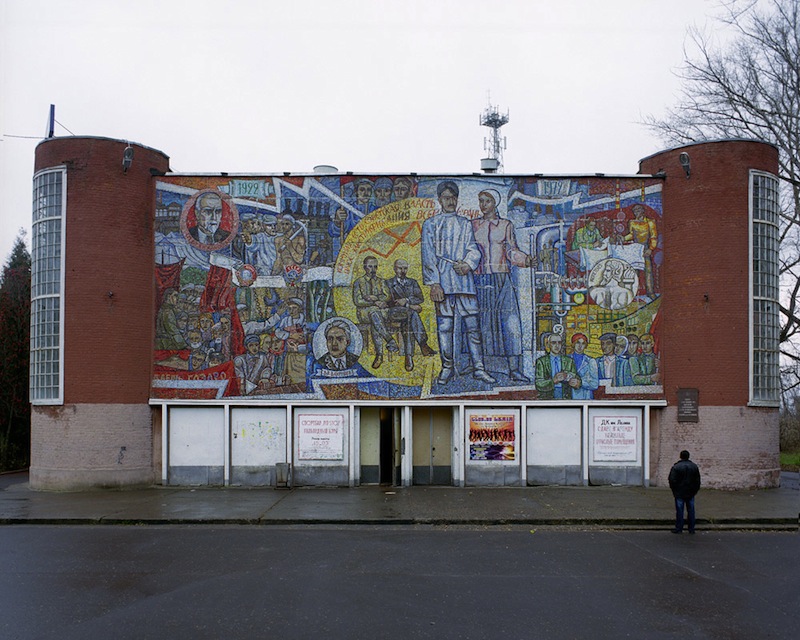
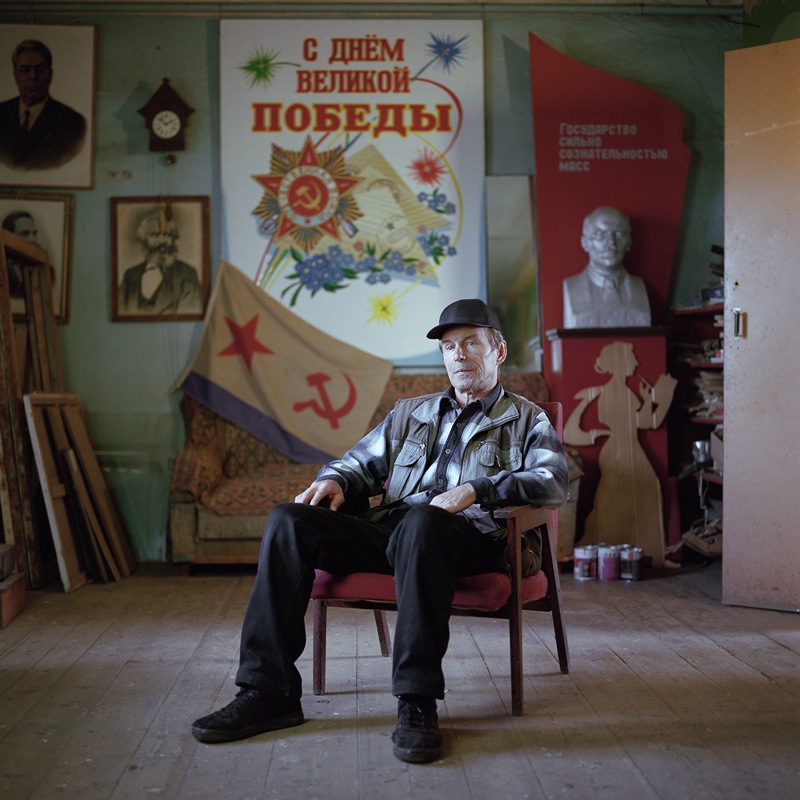
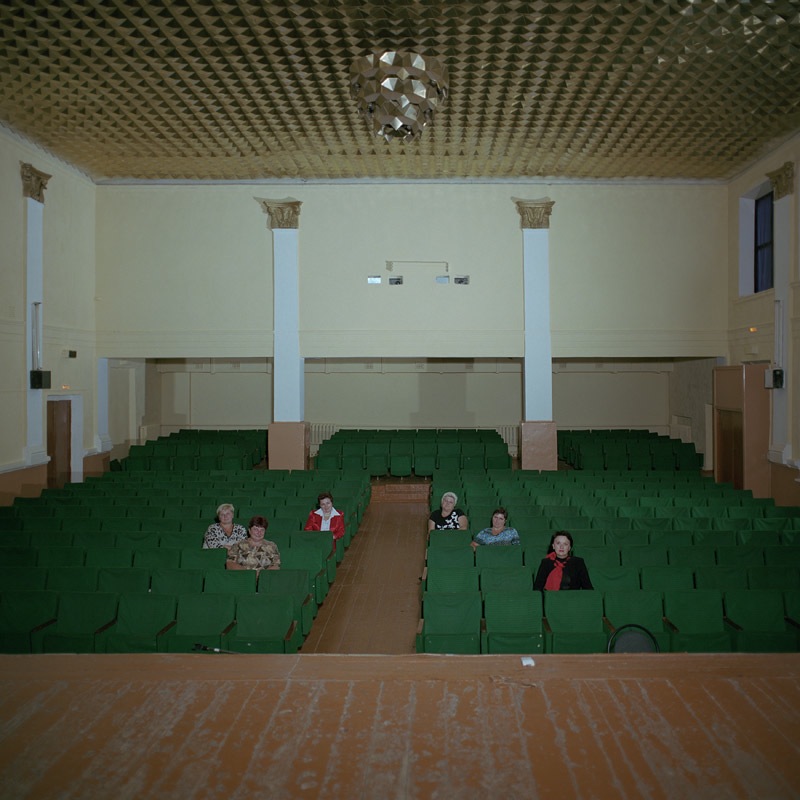
Russia’s Palaces of Culture (in Russian, Dvorzi Kulturi) were established in the earlier years of the Soviet Union era as recreational centers where people could engage in a variety of activities including watching movies, playing sports, dancing, acting, etc. After the collapse of the USSR, the fortune of the Palaces of Culture progressively deteriorated, mainly due to the decrease of state financing.
For his series DKdance, 32 year-old Russian photographer Dmitry Lookianov has been documenting what is left of the Palaces of Culture he visited in several locations throughout Russia.
Hello Dmitry, thank you for this interview. It says on your website that you are “a man who talks about himself in third person”, and we want to respect that. So tell us, what are Dmitry’s main interests as a photographer?
The most attractive thing in photography (and the arts in general) for Dmitry is the ability to work on big projects. He literally likes to live his projects in full immersion, to watch something that first was just a vague idea and later becomes something coherent, meaningful and which constantly evolves in the process.
To name a few specific themes: post-Soviet space and cultural transformations taking place in Russia today. More generally, it’s about modernity and new aesthetics.
What impressed Dmitry most strongly about the current state of the Palaces of Culture that made him feel he had to undertake this project?
Dmitry had the opportunity to visit several Palaces of Culture in different cities across Russia. He was impressed by the activities taking place inside them. For example, in one of them people were selling fur coats. In another one, local rappers were hanging out along with folklore ensembles. In Moscow’s Palace of Culture “Vanguard” there was a wrestling club where huge, beefy guys in costumes took part in bloody massacres on a handmade squared ring.
Dmitry decided that there was material for a good documentary work, an ironic project which nonetheless could accurately describe the cultural situation in the country as a whole. In the making, the ironic tone initially intended softened somehow.
Could Dmitry share the stories of some of the subjects portrayed in his photos?
People in the photographs are mostly workers or visitors of the Palaces of Culture. A huge amount of stories was collected during the work because you need to talk with people a lot and take some time before shooting a picture. Sometimes it took Dmitry two hours to shoot a single photo. For example, a man in a checkered shirt, a local painter, told him almost everything about his hard life, sharing such terrible details that Dmitry would have rather not heard about.
But the most memorable story is that of a sculptor. In the photo he is sitting on a chair with a bust of Beethoven. This man is obsessed with fairy tales and he loves to make huge sculptures of children that look a bit crazy. He literally filled up a whole district with them. And this small town looked like a sickly Disneyland in some corners.
Which does Dmitry think is the skill most critical in the education of a photographer?
With regards to the technique, one of the key skills for Dmitry is the ability to understand and control light. It can create the right mood of the picture. Organizational skills are also very important for photographers who work on long-term projects. It’s also essential to learn to find one’s own points of interests, plan the structure of the project, build a narrative, organize the shooting process, and so on.
We think not enough people even realize that they can enjoy photography just like they enjoy films or music, and not necessarily as photographers but simply as viewers. What would Dmitry tell these people to pique their interest in photography?
Dmitry is not sure if this problem exists. In fact, quite the contrary, the world is switching to the language of images increasingly and somehow people are becoming visually literate and sensitive to an image. It’s clear that a picture has much less expressive means than a movie, and it is not perceived as easy as music that appeals directly to the feelings bypassing the use of language. But movies and music are different. And not every visitor of iMAX is ready to enjoy the works of Tarkovsky and Cage, for example. Another problem is that there are not enough really good, impressive photographic events, in Russia at least.
If Dmitry could change or improve one thing about the photography industry, what would it be?
Dmitry poorly understands what exactly you mean by “the photographic industry.” The concept is very wide. But the first thing that comes into his mind is that (if speaking about Russia) there is not always sufficient respect for the authors as content producers. This often results in copyright infringement and low (or lack of) fees.
Tell us about the last Dmitry saw something and just had to take a picture. What did he see?
Oh yeah, that’s a big problem for Dmitry! The thing is the Rodchenko school he attended instills quite a reflective approach to shooting. Why should one take a picture? What is one interested in? Does one need another picture in the ocean of existing images? Such questions are always in his head and somehow the interest to carry a camera everywhere and just shoot what he sees is lost. This is sad.
Oh, by the way, Dmitry has recently become a father; now, more often than not, he just takes photos of his little daughter! [Congratulations!]
Does Dmitry have any other passion besides photography?
Dmitry loves riding cars, he loves to get behind the wheel and just drive, without an established route, making stops in unknown places. Although this passion has to do with photography somehow, it will be materialized into a new project related to travel in a a couple of years.
Choose Dmitry’s #threewordsforphotography.
Journey. Reflection. Experience.
Keep looking...

FotoCal — Photography Awards, Grants and Open Calls Closing in January 2024

FotoCal — Photography Awards, Grants and Open Calls Closing in December 2023

FotoCal — Photography Awards, Grants and Open Calls Closing in November 2023
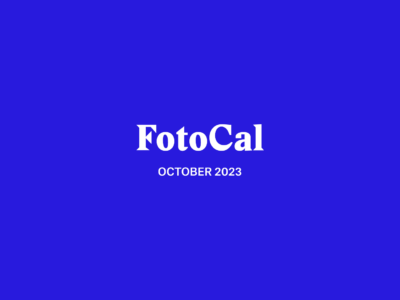
FotoCal — Photography Awards, Grants and Open Calls Closing in October 2023

FotoCal — Photography Awards, Grants and Open Calls Closing in September 2023

FotoCal — Photography Awards, Grants and Open Calls Closing in August 2023

FotoCal — Photography Awards, Grants and Open Calls Closing in July 2023


